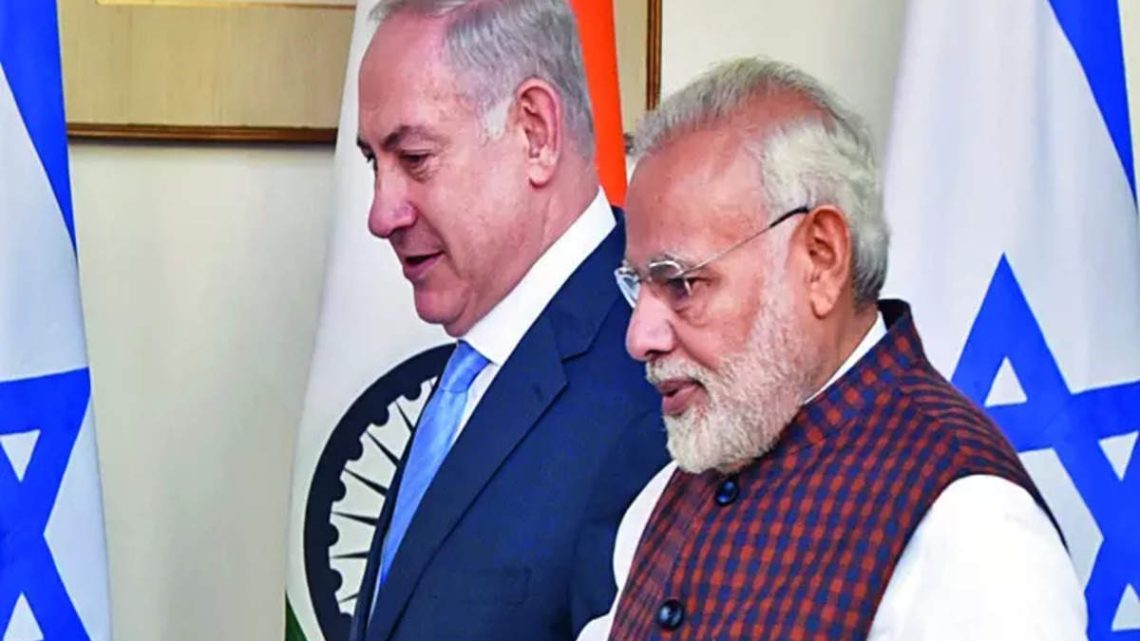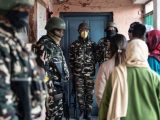
Netanyahu is ‘The Biggest Terrorist’: Mufti
October 1, 2024Jammu and Kashmir People’s Democratic Party (PDP) President Mehbooba Mufti has fiercely condemned Israeli Prime Minister Benjamin Netanyahu, calling him “the biggest terrorist after Adolf Hitler.” This bold statement highlights her disapproval of Netanyahu’s actions in the ongoing conflict.
Mufti criticized Netanyahu’s regime for transforming Palestine and Lebanon into what she described as “gas chambers,” leading to the deaths of thousands. Her remarks underscore the devastating impact of military operations in these regions.
Referencing the International Criminal Court’s verdict against Netanyahu, she emphasized that his actions constitute criminal behavior. “The International Criminal Court has issued a verdict against Netanyahu. His actions have resulted in the deaths of thousands in Palestine and are now repeating in Lebanon,” she asserted.
The PDP president also denounced the Indian government’s decision to maintain relations with Netanyahu’s administration. She criticized the provision of weapons and drones that contribute to violence and loss of life. “Supporting a regime that uses weapons against civilians is a misguided choice,” she stated.
Mufti articulated her historical support for Palestine, dating back to Mahatma Gandhi’s principles. She argued that continuing ties with Israel contradicts India’s longstanding commitment to justice and human rights.
In a related context, Mufti defended her tweet labeling slain Hezbollah leader Hassan Nasrallah as a martyr. She noted the public outcry following Nasrallah’s killing and questioned the BJP’s response. “What will the BJP say? They backed those who raped an eight-year-old girl in Kathua. Those convicts are now serving their sentences,” she remarked.
Her comments raise important questions about the BJP’s stance on human rights and its approach to terrorism. Mufti called for accountability and consistency in moral values, particularly in the context of government actions.
The PDP president’s remarks also reflect broader concerns regarding international relations and the ethical implications of military alliances. By highlighting these issues, she aims to spark a dialogue about India’s foreign policy direction.
Mufti’s condemnation of Netanyahu resonates with many who advocate for Palestinian rights. Her stance underscores the need for a more principled approach to international relations that prioritizes human dignity.
As discussions around these topics continue, the role of political leaders in addressing human rights violations becomes increasingly important. Mufti’s outspoken criticism serves as a reminder of the complexities involved in geopolitical issues.
To conclude, Mehbooba Mufti’s strong condemnation of Netanyahu and the BJP’s policies raises vital questions about ethics in governance. Her advocacy for accountability and justice remains a significant aspect of the ongoing dialogue surrounding human rights in conflict zones.

